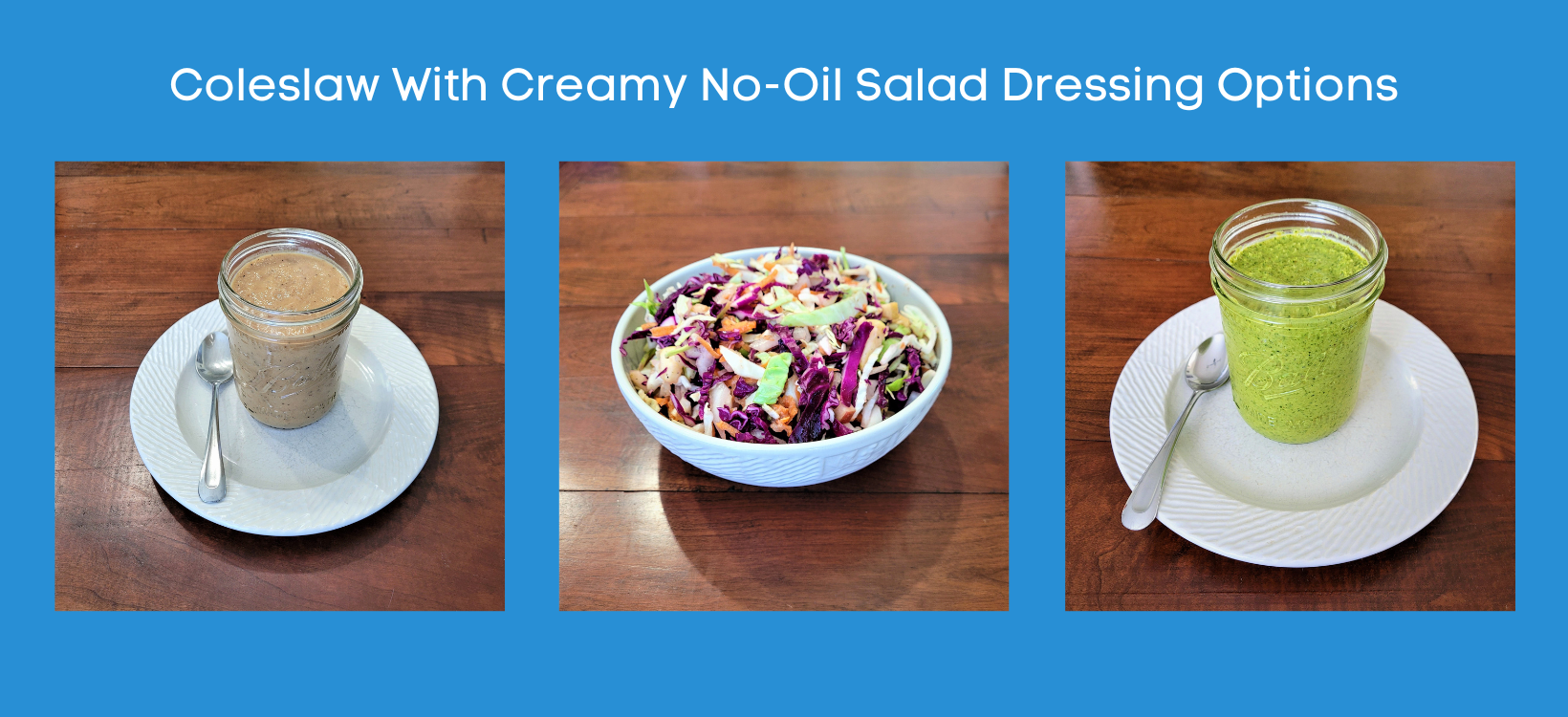Radical Change Requires Radical Trust
Spring is in the air! However, unlike any other year that I can recall, the destructive impact of the wind is hard to ignore: old-growth trees damaged in California, deadly tornadoes in the South and Midwest, and many flights delayed or canceled due to high winds, with those that are able to take off experiencing significant turbulence. These examples (plus many others that are impacting our world) have been linked to climate change, a very real, intimidating, and anxiety-laden issue that is becoming increasingly hard to ignore.
While it may be tempting to despair, I want to share with you a reflection I offered last month at a workshop that Karen and I held at Columbia Theological Seminary’s “Just Creation: Shalom for Our Common Home” national conference:
Research published in 2016 suggests that, in some regions, anthropogenic¹ climate change due to Industrial-era activity began in the 1830s, which is earlier than previously thought.² We know that scientists were already calculating the greenhouse effect in the 1890s and that concern about anthropogenic climate change increased throughout the latter half of the 20th century.³ This is not to say that the link was clear during this whole timespan; it was not until 1880 that formal weather monitoring stations were widespread enough to give a more accurate picture of global temperature trends.4
It is incorrect to say that nobody saw this coming. However, as we also know, there have been significant and sustained efforts from various people and entities to stop this climate science from translating into meaningful action (globally, nationally, and personally). As a result, we find ourselves past the point where smaller, more incremental changes are reasonable. Only radical change will do.
According to the IPCC’s (Intergovernmental Panel on Climate Change) report, “If, by 2030, we cut our carbon emissions in about half – and, by 2050, we don’t emit any more carbon emissions than the planet can absorb each year – scientists predict that we can avoid the worst threats of climate change.”5
While this kind of change can feel daunting and will require worldwide efforts – the more widespread implementation of green technologies and the development of new technologies (such as carbon capturing and fusion) – individual and community actions are also important.
If you are like me, it is easy to think that the problem is too big, or it is too late, for my action to be meaningful, or that the changes we need to make are more drastic than I want to make. However, the Bible has many examples of God asking people and groups to make radical changes:
- Noah, who built a boat and gathered animals despite no evidence of a coming flood (Gen. 6:11-22).
- Abram and Sarai, who, despite any suggestion that they had ever heard of God, picked up and left Haran and went to Canaan when God told them to do so (Gen. 12:1-5a).
- Mary, who assented to the angel Gabriel’s request even though it perplexed her (Lk. 1:26-38).
- The disciples, who left behind their families and livelihoods when Jesus called them to follow him (Mk. 1:16-20, 2:13-14).
- Saul, whose conversion was so unexpected and abrupt that people didn’t trust it to be genuine (Acts 9:1-30).
These biblical characters didn’t see immediate and obvious results after making these changes; they often had to wait for quite a while to perceive the fruits of their change, if they ever saw them at all. However, they trusted that their changes would make a difference far beyond their cognizance. In other words, radical change requires radical trust.
This great cloud of witnesses, as the author of Hebrews calls them, who acted out of such radical trust, can be our inspiration as we consider the radical changes we ourselves are called to make as stewards of God’s creation.
The changes we need to make in our daily lives to address climate change require the faith that they will make a difference. For example, when we are intentional about changing how we eat, particularly making more whole-foods, plant-based choices, this allows us to:
- Respond positively to the food systems that are responsible for 25% of the world’s greenhouse gas emissions.6
- And this can provide communities of faith the opportunity to explore and incorporate more biblical plant foods into their diets.
- Eating this way positively impacts our personal health and the health of the planet and it also connects us to our rich Christian heritage as people of faith.
- By eating biblical plant foods, we can simultaneously act to preserve our cultural heritage, while also helping to sustain the environment as a legacy for generations to come.
This, then, really isn’t that radical at all; it is actually rediscovering an interesting, enjoyable, and frequently overlooked part of our common heritage.
While what we learned at the conference was difficult, it also gave us both hope that we are not helpless in the face of climate change, which is a message we tried to communicate in our presentation. The radical trust we are called to have may not be easy for us, but God is even more radically trustworthy. This way, radical trust in a radically trustworthy God is what will help you, me, and our churches live in the faith that the changes we make today will create a better tomorrow.
Peace,
Travis Webster
HSHC Co-founder
¹ “Scientists use the word “anthropogenic” in referring to environmental change caused or influenced by people, either directly or indirectly.” https://www.usgs.gov/news/earthword-anthropogenic.
² Abram, N., McGregor, H., Tierney, J. et al., “Early onset of industrial-era warming across the oceans and continents,” Nature 536, 411–418 (2016). https://doi.org/10.1038/nature19082.
³ Abram, McGregor, and Tierney, “Early onset of industrial-era warming across the oceans and continents,” Nature 536, 411–418.
4 Abram, McGregor, and Tierney, “Early onset of industrial-era warming across the oceans and continents,” Nature 536, 411–418.
5 MIT Climate Portal, “What Can Be Done About Climate Change?”, https://climate.mit.edu/what-can-be-done-about-climate-change, viewed March 10, 2023. Summarized from the Intergovernmental Panel on Climate Change (IPCC) Special Report, Global Warming of 1.5°C (https://www.ipcc.ch/sr15/).
6 Hannah Ritchie, “Food production is responsible for one-quarter of the world’s greenhouse gas emissions,” Our World in Data, November 6, 2019, https://ourworldindata.org/food-ghg-emissions.


